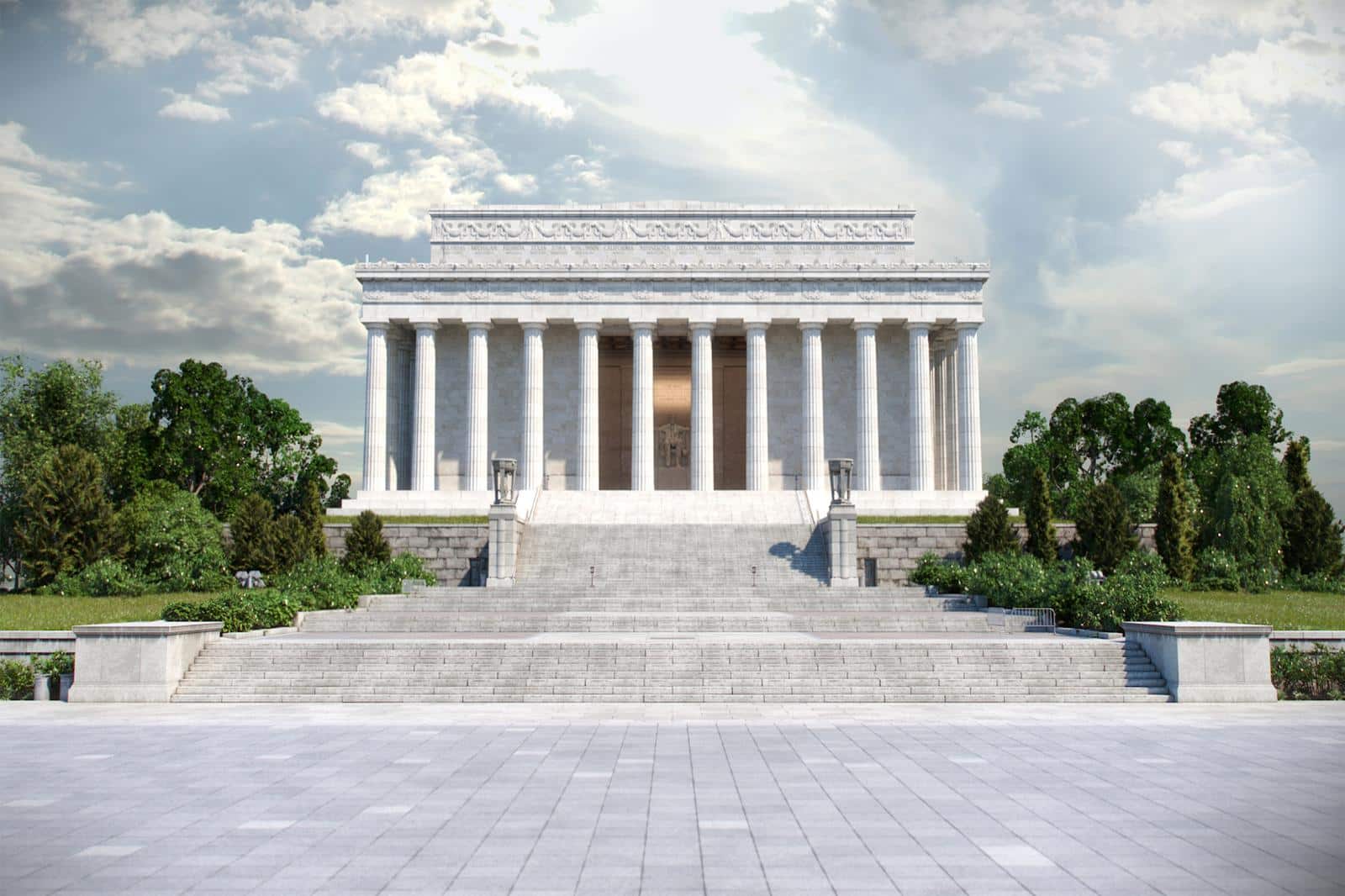Privileges and Immunities Clause: Article IV
The Privileges and Immunities Clause of Article IV provides that “the Citizens of each State shall be entitled to all Privileges and Immunities of…
This encyclopedia provides a comprehensive reference explaining the major concepts, institutions, court cases, epochs, personalities, and policies that have shaped, or been shaped by, American federalism. It describes federalism’s creation and evolution, and its influence on local, state, and national governmental institutions, procedures, and policies. The models used to explain the various historical eras in the development of federalism are also included. Originally published by Greenwood Press in 2005, this encyclopedia contained over 400 entries relating to American federalism. In its current online form, entries are being added and old ones updated. See more…

The Privileges and Immunities Clause of Article IV provides that “the Citizens of each State shall be entitled to all Privileges and Immunities of…
Justice William J. Brennan Jr. served on the U.S. Supreme Court from 1956 to 1990, and during his tenure he influenced federalism in a…
Until it was overruled by Baker v. Carr in 1962, Colegrove v. Green (1946) was the leading precedent on legislative apportionment, holding that apportionment…
One fundamental characteristic of the American constitutional system has been the precept that a law cannot discriminate among individuals who are essentially similar. Americans…
Baker v. Carr (1962) is a landmark case credited with legally establishing the noted principle of “one person, one vote” and with condemning legislative…
In Hammer v. Dagenhart (1918), the Supreme Court invalidated the federal Keating-Owen Child Labor Act, which had forbidden the shipment of goods made by…
1 ARTICLES OF CONFEDERATION 1.1 I. 1.2 II. 1.3 III. 1.4 IV. 1.5 V. 1.6 VI. 1.7 VII. 1.8 VIII. 1.9 IX. 1.10 X.…
The Supreme Court of the United States in Arizona v. United States, 587 U.S. 387 (2012), declared unconstitutional most provisions of Arizona’s controversial S.B.…
“Anti-Federalist” describes the philosophical and political position of individuals who, during the Constitutional Convention of 1787 and the subsequent state ratification debates (1787–89), generally…
Where is sovereignty lodged in the U.S. federal system established by the 1787 Federal Constitution? There have been numerous answers: in the federal government,…
The Annapolis Convention of 1786 was the first major meeting held to discuss the shortcomings of the Articles of Confederation. Five states attended to…
Drafted by Thomas Jefferson and passed under the Articles of Confederation, the Northwest Ordinance of 1784 issued a plan for governing the public region…
The Americans with Disabilities Act (ADA) was enacted in 1990 “to establish a clear and comprehensive prohibition of discrimination on the basis of disability.”…
391 to 403
|
481 Results
The Center for the Study of Federalism (CSF) is a nonpartisan, interdisciplinary research and education institution dedicated to supporting and advancing scholarship and public understanding of federal theories, principles, institutions, and processes as practical means of organizing power in free societies.
All of the CSF Fellows hold advanced degrees, are affiliated with academic institutions, and are scholarly experts in their fields. For more on each Fellow see CSF Fellows.
Most political and public issues in the United States are influenced to some extent by its federal system. Yet many do not understand that system. The CSF website seeks to foster a better understanding among the general public and scholars of federal governing systems generally and, specifically, of the federal system of government in the United States of America.
The CSF materials are free to use for educational purposes. If published, please acknowledge CSF as the source. If you intend to use these materials for profit, please, contact the Center for the Study of Federalism for permission. Some materials on the website are not owned by CSF and permission to use those materials should be sought with those holding legal title to the material.
Click here to sign-up to receive notifications about CSF materials and events. We will not share your email with any outside organizations or individuals.
Please direct all questions and comments related to this website, and inquiries about the research and teaching grants and awards, to us here. Remember CSF is a nonpartisan, interdisciplinary research and education institution.